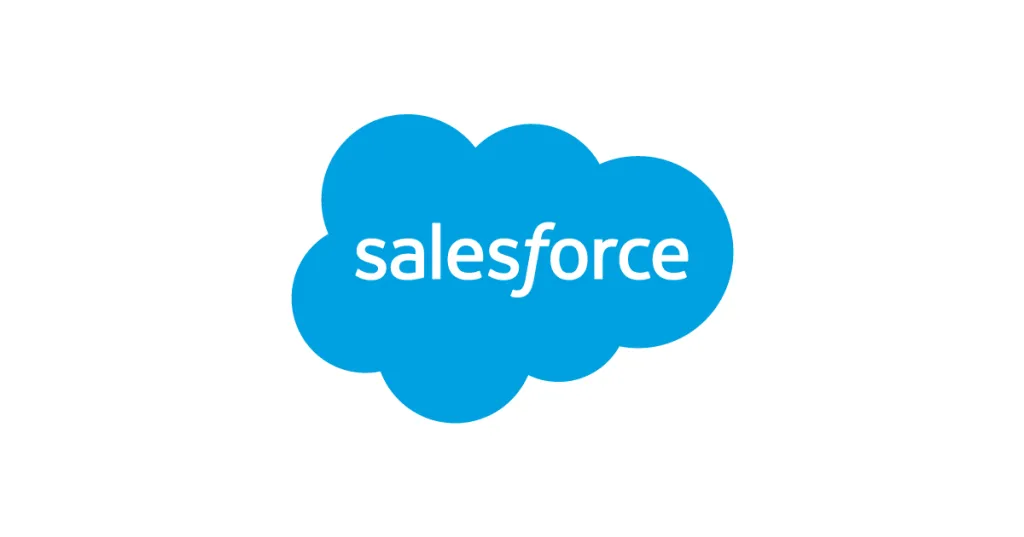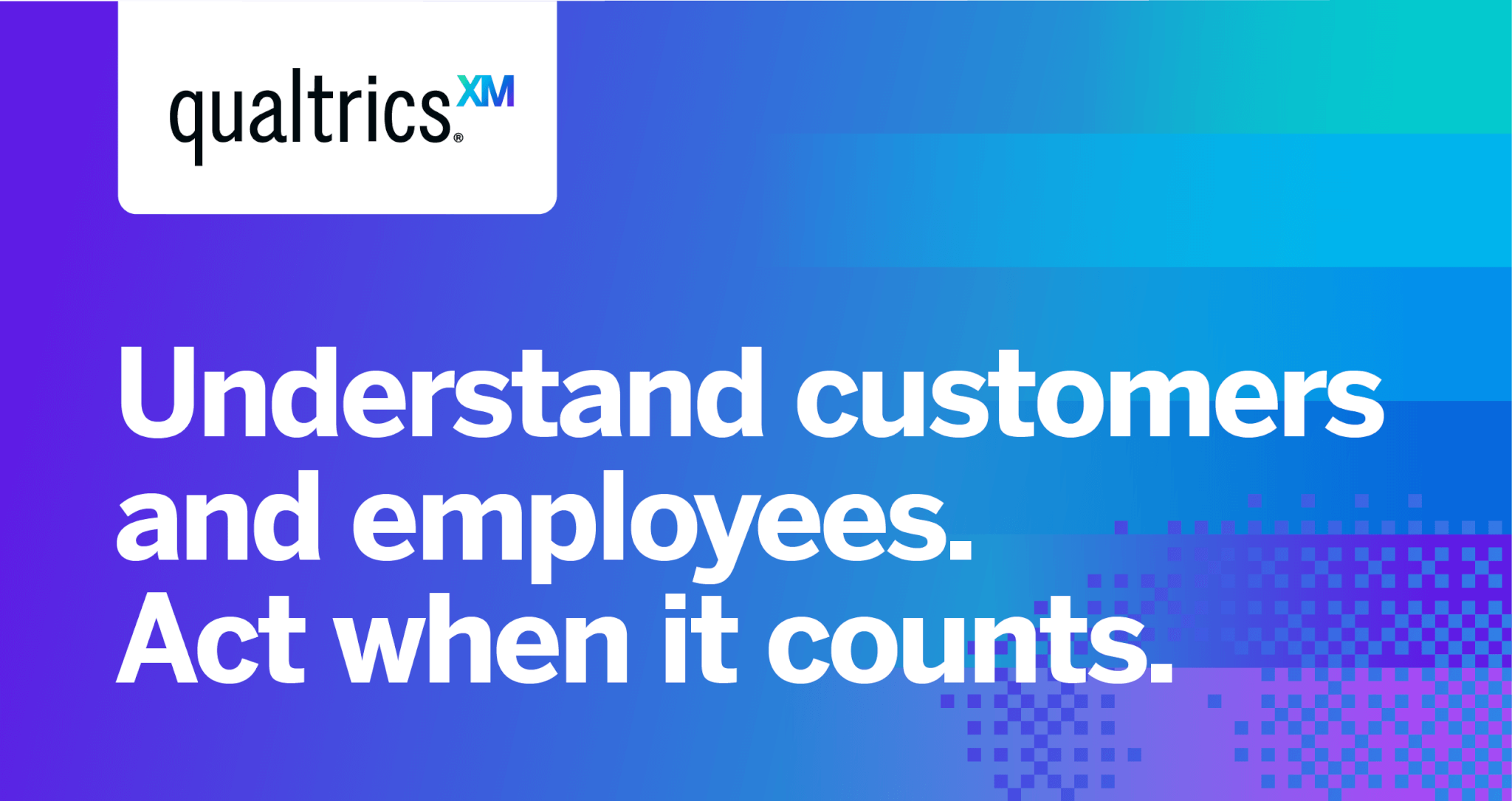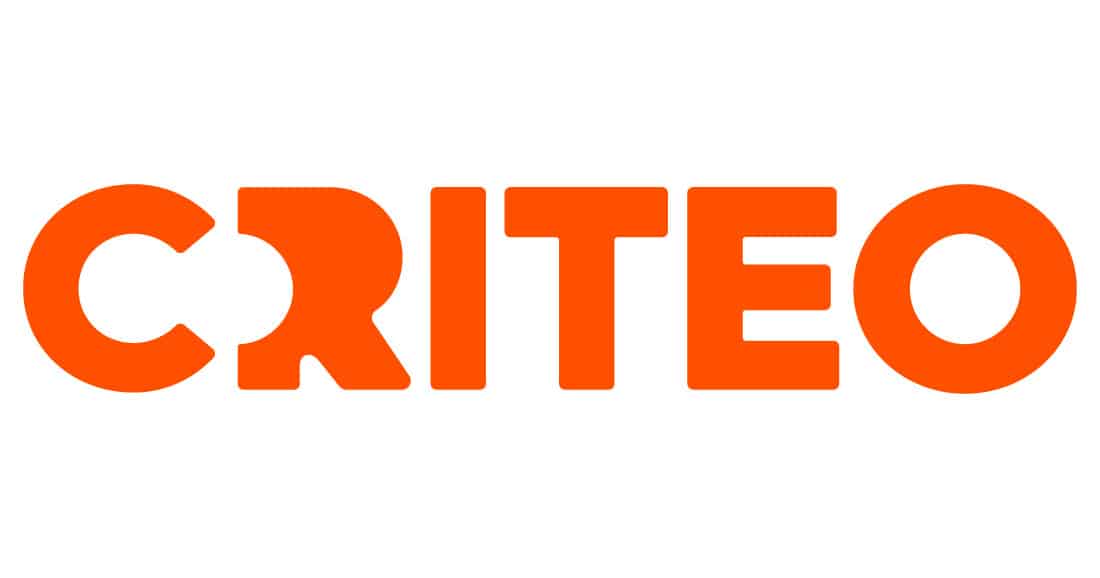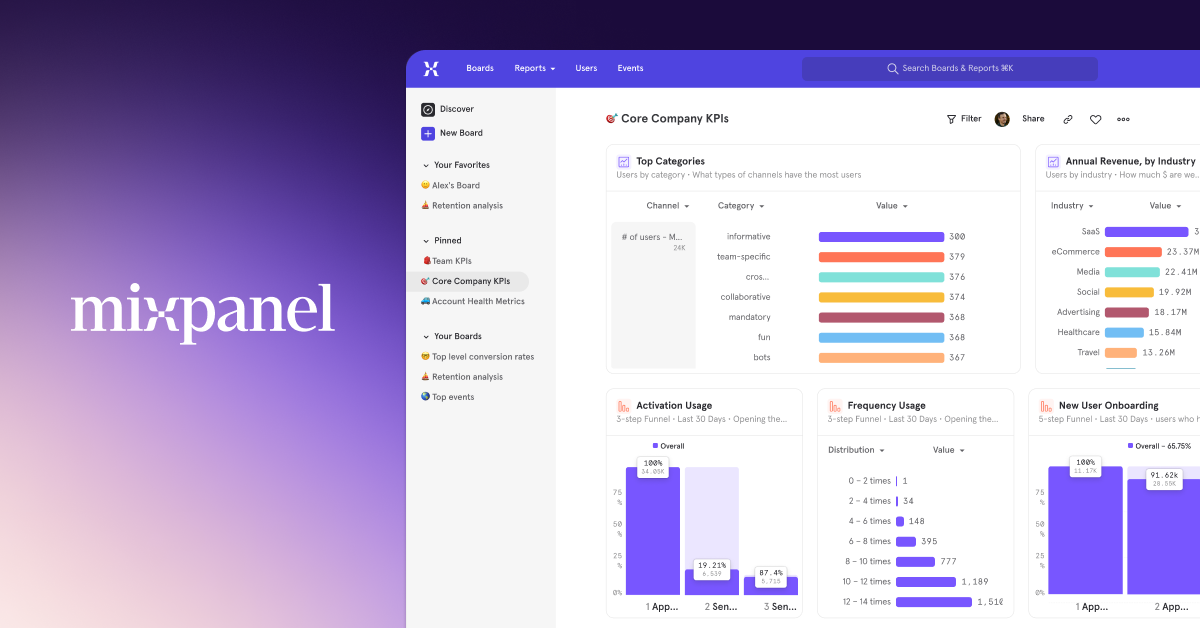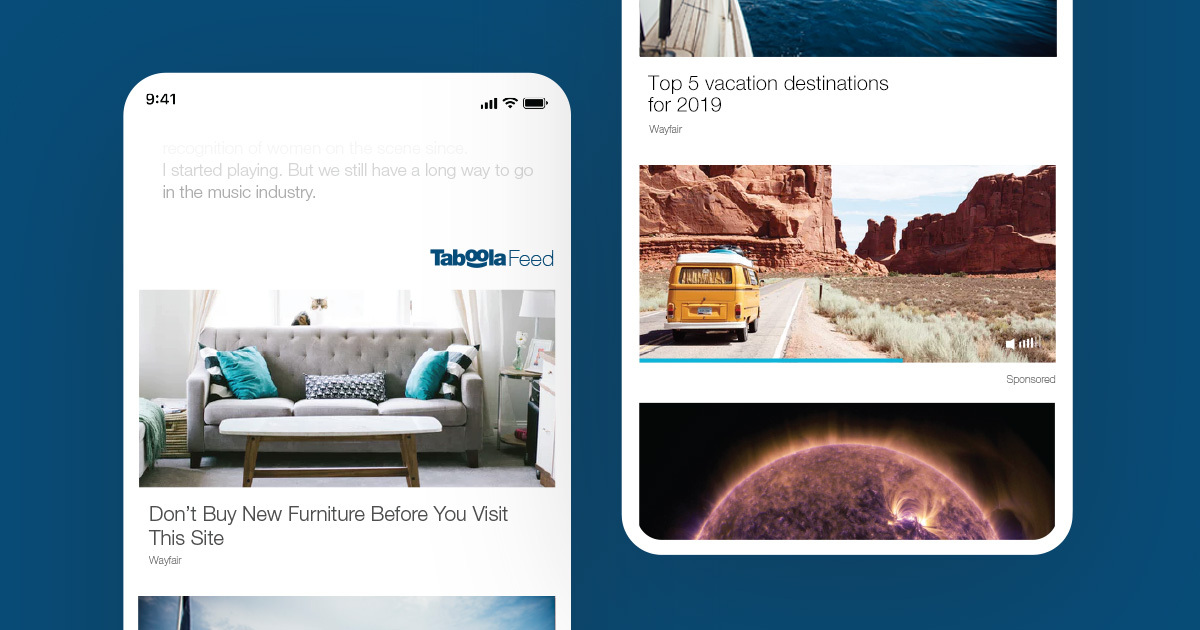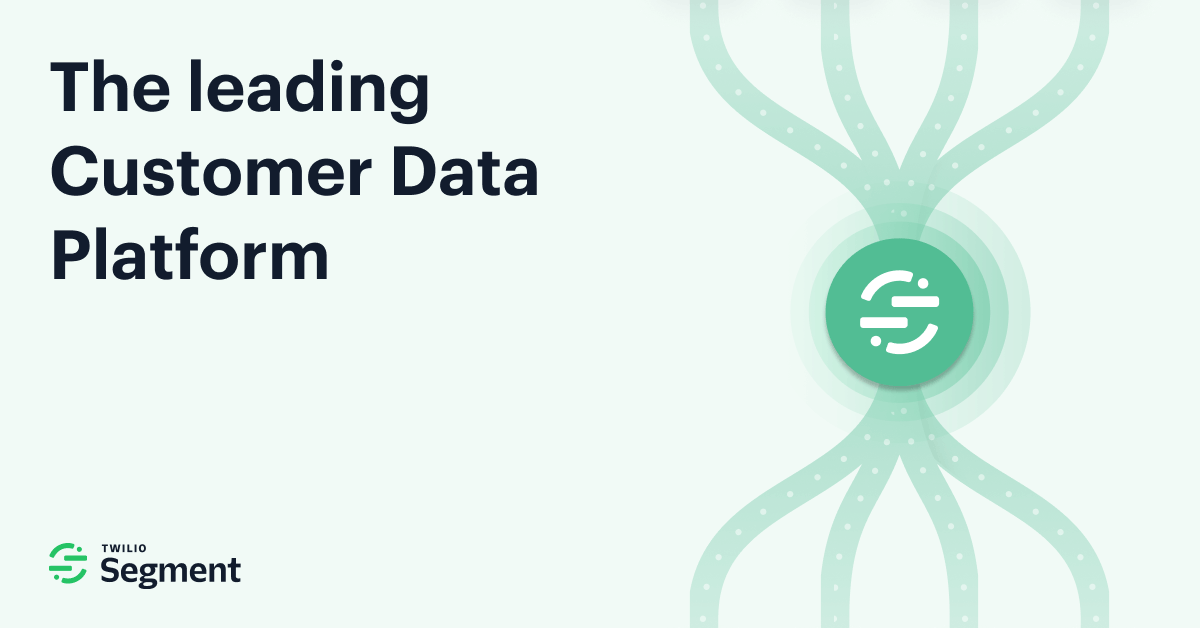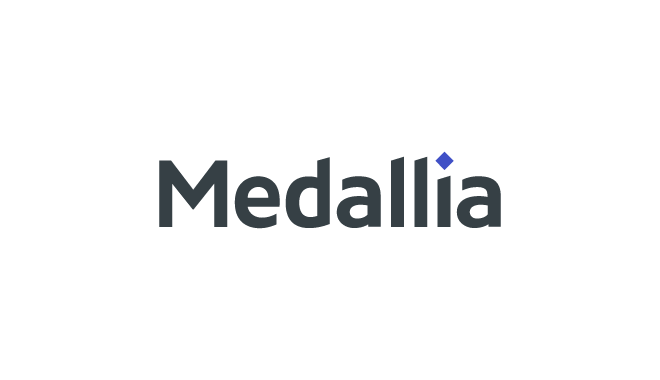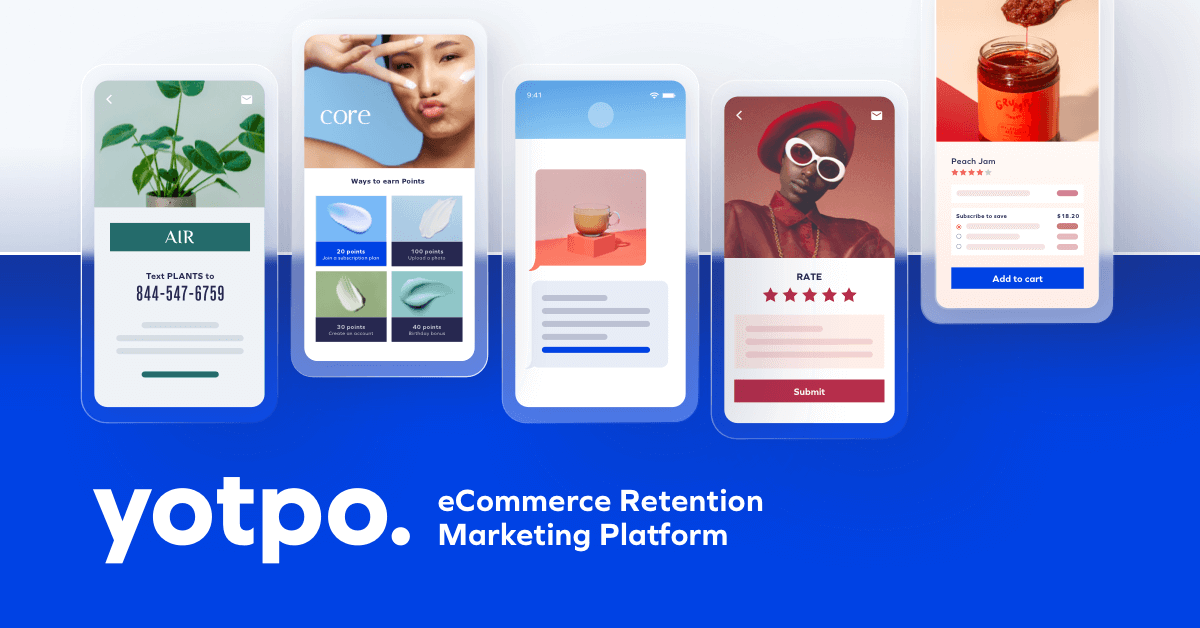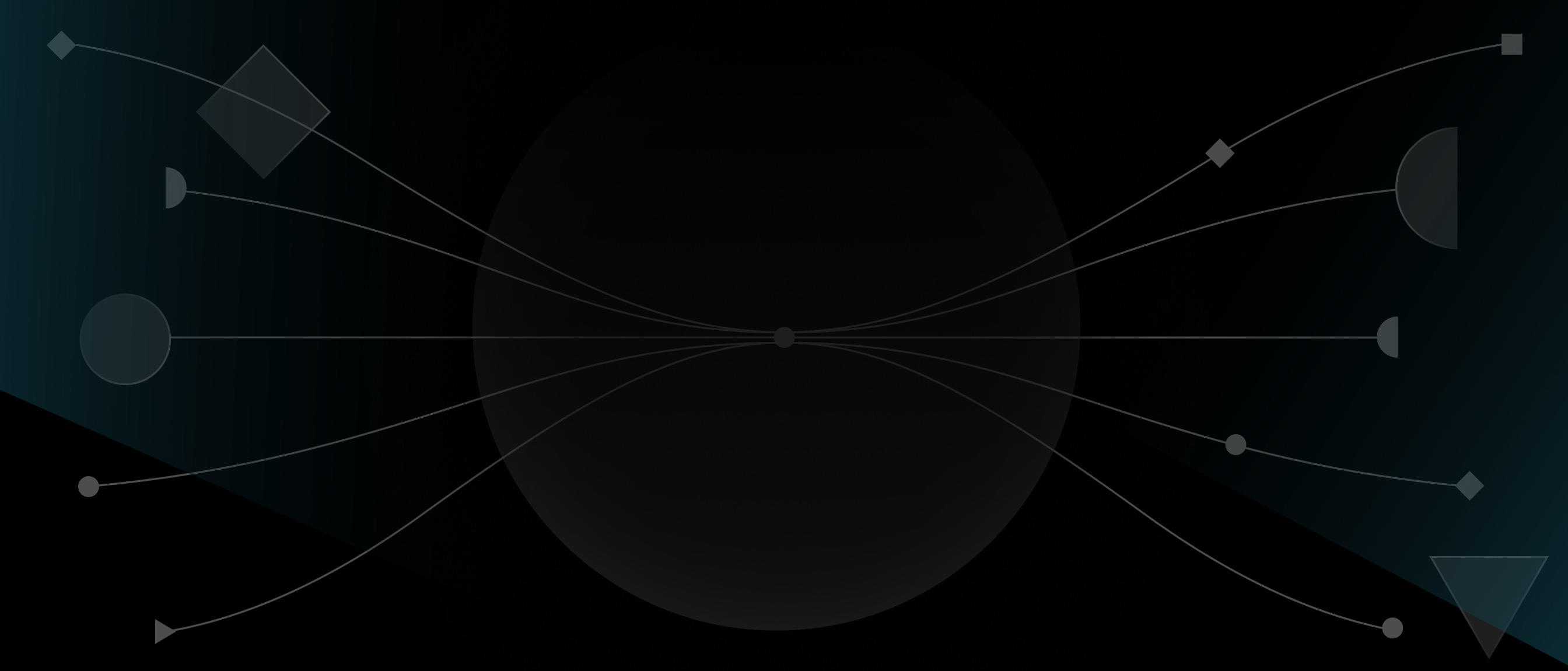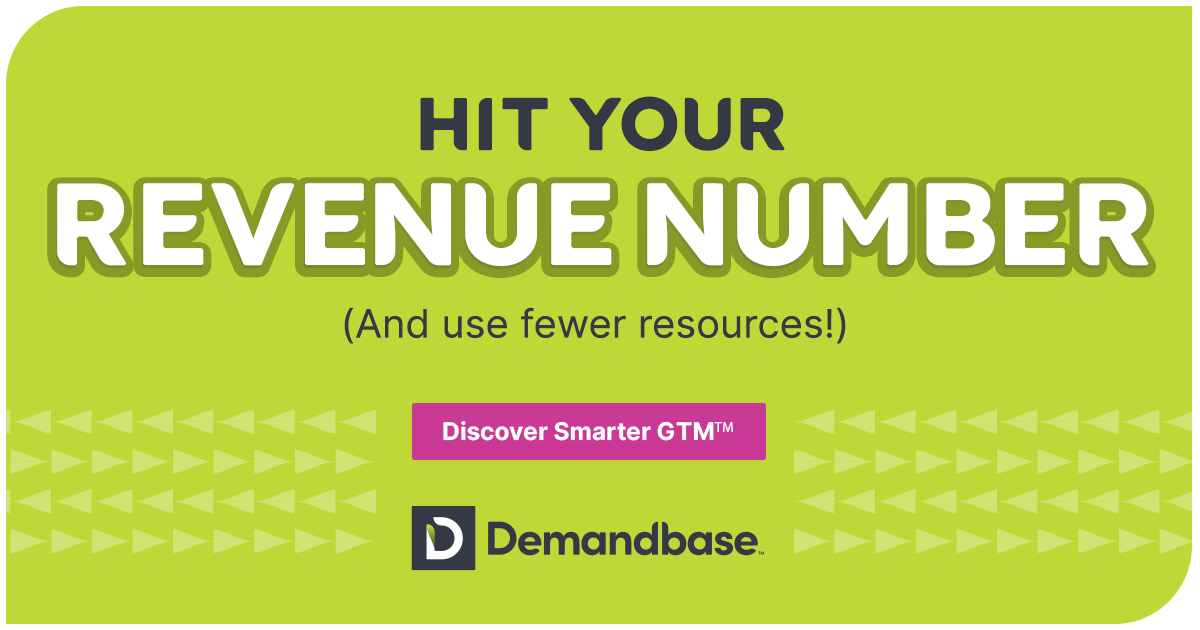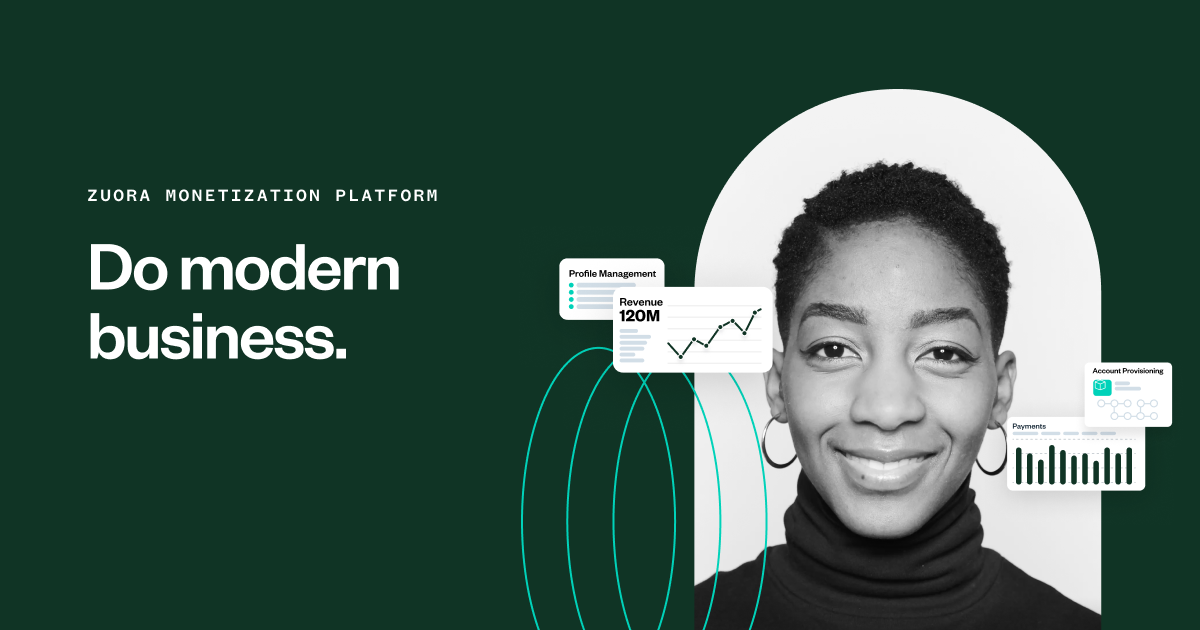Introduction
As customer expectations for personalized experiences continue to rise, having a robust customer data platform (CDP) has become essential for most companies. A CDP allows organizations to gather customer data from various sources, cleanse and unify this data into a single profile, and then activate it across key systems to power personalized interactions. In this blog post, we evaluate 15 of the leading CDP vendors based on their functionality, customer traction and ability to help companies deliver on the promise of personalization.
Methods of Evaluation
To determine the top CDPs, we considered various factors including functionality for data collection, unification and activation; number of enterprise customers; momentum in the market based on client wins, review scores, partner ecosystem and new features; technical capabilities like APIs, customization and performance; as well as traction on platforms like Google, social media mentions and keyword trends. This holistic evaluation approach helps provide a balanced view of the leading CDPs across different use cases and industries.
1. Adobe
Adobe Experience Platform is Adobe’s customer data platform (CDP). It provides companies with tools to centralize customer data from various sources and activate it across campaigns.
Pros: Some key advantages of Adobe Experience Platform include: Its strong data integration and analytics capabilities allow for centralized customer profiles and real-time insights. Its large existing customer base provides cross-sell opportunities. Its reputation and resources as a major tech company inspire confidence in its reliability and support.
Cons: One potential disadvantage is that as a major platform, Adobe Experience Platform may be overkill and too expensive for some smaller companies and startups.
Pricing: Adobe Experience Platform pricing starts at $150 per month based on data processing volume. Additional premium features like real-time customer profiles and AI services are available in higher pricing tiers up to thousands per month.
Some key stats about Adobe Experience Platform include: It can ingest over 100 billion profile updates per day. It has over 30 prebuilt connectors for data sources like CRM systems, marketing automation platforms, etc. Over 4,500 customers use Adobe Experience Platform globally.
2. Salesforce
Salesforce is the largest CRM provider in the world and offers a Customer Data Platform as part of its Customer 360 solution. The Salesforce CDP gives companies a unified view of their customers across all channels and systems to deliver personalized experiences.
Pros: Key advantages of the Salesforce CDP include:
– Large market share and ecosystem allows access to many pre-built integrations
– Strong data management and analytics capabilities to gain insights
– Ability to personalize experiences across the web, mobile, social, call center and more
– Part of the broader Salesforce Customer 360 product portfolio for a unified view
Cons: One potential disadvantage is the cost – as one of the largest platforms, Salesforce pricing can be higher than some niche players. Extensive customizations may also increase implementation timelines and costs.
Pricing: Pricing for the Salesforce CDP depends on the edition selected and number of users. The Enterprise Edition starts at $150 per user per month. Additional services and modules like Marketing Cloud can significantly increase overall costs.
Some key stats about the Salesforce CDP include:
– Over 150,000 customers globally across industries
– $26.49 billion in total revenue for FY2022
– Ranked #1 in the 2020 Gartner Magic Quadrant for CRM and CX technology
– Integrates with countless other tools through the Salesforce AppExchange
3. Qualtrics
Qualtrics is an experience management platform that helps organizations collect customer and employee feedback across digital touchpoints to gain insights. The company was founded in 2002 and is headquartered in Provo, Utah. Qualtrics aims to help organizations design and improve products, communications and services by understanding experiences and taking action on consumer insights.
Pros: Some key advantages of Qualtrics include:
– Very strong in customer experience management capabilities to collect feedback across digital and physical touchpoints
– Powerful AI and machine learning capabilities to capture insights from both structured and unstructured data sources
– Seamless integrations that allow insights to inform other systems like CRM, marketing automation and the CDP
Cons: A potential disadvantage is the cost as it is an enterprise-level solution targeting large organizations with robust experience management needs.
Pricing: Qualtrics pricing is custom based on business size and needs. Generally it starts from around $85,000 per year for the basic plan and can go up to several hundred thousands for advanced configurations and high data volume requirements.
Some key stats about Qualtrics include:
– More than 13,000 customers worldwide including over 75% of the Fortune 100
– Processes over 1 billion experiences each year
– Has over 500 employees focused solely on R&D to continuously improve the platform
4. SAP
SAP is a global leader in business software, providing solutions that help companies of all sizes manage business processes and customer data. SAP has been in business since 1972 and currently serves more than 440,000 customers in over 180 countries. Their customer data platform, named SAP CDP, allows companies to build a comprehensive view of customer data across different systems to better understand customers and personalize experiences.
Pros: Some of the main advantages of SAP CDP include:
– Strong integration with other SAP solutions which makes it ideal for large enterprises already using SAP
– Ability to create a centralized hub of customer data while still allowing distributed data processing and analytics
– Loyalty programs and commerce tools that allow for 1:1 personalization across channels
– Robust data management capabilities for cleansing, enriching and activating customer data at scale
Cons: One potential disadvantage is the higher costs associated with an enterprise-grade solution like SAP CDP. It may not be suitable for smaller businesses or startups with limited budgets.
Pricing: Pricing for SAP CDP can vary depending on the level of customization, deployment, support and number of users/customer profiles required. Generally SAP provides flexible licensing models like subscription, transaction or perpetual licensing. Contact an SAP representative for a customized quote.
Some key stats about SAP CDP include:
– Manages over 1.5 billion customer profiles globally
– Integrates with over 30 core SAP solutions including ERP, commerce, marketing, sales and service
– Processes over 1 trillion customer touchpoints per year
– Used by some of the largest brands across several industries including retail, CPG, telecom and more
5. Criteo
Criteo is a publicly traded company founded in 2005 that provides online retargeting and commerce media solutions. They operate the world’s largest commerce data set with over 25 trillion annual events to power personalized recommendations and digital ads. While originally focused on retargeting display ads, Criteo has expanded into a customer data platform (CDP) and broader omnichannel capabilities.
Pros: Key advantages of Criteo’s customer data platform include:
– Large global company focused on retargeting ads
– Expanding into broader CDP and omnichannel capabilities like TV and in-store retail
– Powerful personalization engine that leverages their massive commerce data set
Cons: A potential disadvantage is that as a publicly-traded company, Criteo has a strong focus on generating advertising revenue which could influence product roadmap and priorities compared to private companies.
Pricing: Criteo’s CDP pricing is not publically listed but is offered on an enterprise software-as-a-service model with packages tailored to company size and usage. Pricing would involve an upfront implementation fee plus ongoing monthly or annual subscription costs.
Some key stats about Criteo include:
– Over 1,300 employees globally
– Works with over 20,000 advertisers and publishers
– Processes over 1 trillion commerce events per year
– Has a global footprint with offices worldwide
6. Mixpanel
Mixpanel is a customer data platform that provides product analytics to help companies learn from customer data and improve their products. Founded in 2009, Mixpanel has grown to support over 26,000 customers like Twitter, Expedia, and NBC. While originally focused solely on analytics, Mixpanel has expanded into customer data platform capabilities in recent years.
Pros: Some key advantages of Mixpanel include:
– Large existing user base and data from years of analytics tools
– Strong API-first approach that is well-suited for developers
– Flexible data modeling capabilities for a customer data platform
– Ability to unify data from multiple sources for a single customer view
Cons: One potential disadvantage is that Mixpanel’s analytics heritage and developer-focused approach may not suit some marketing teams looking for an intuitive drag-and-drop interface.
Pricing: Mixpanel offers several tiered pricing plans. The starter plan is free for up to 10,000 events per month. Growth plans range from $199-999 per month based on number of events. Enterprise pricing is customized for each business.
Some key stats about Mixpanel include:
– Supports over 1 billion users
– Processes over 5 trillion events per month
– Has raised over $165 million in funding
– Serves customers in over 150 countries
7. Taboola
Taboola is a discovery platform that allows publishers to recommend high quality native content to readers and helps advertisers reach targeted audiences at scale. Founded in 2007 and based in New York, Taboola serves over 1 billion people globally every month through partnerships with major publishers like NBC, BBC, and NPR.
Pros: Key advantages of Taboola’s platform include:
– Advertising platform primarily focused on content discovery and recommendations
– Launched new customer data platform (CDP) capabilities in 2022 to power more personalized recommendations
– Growing data network that spans publishers, advertisers and platforms to provide more omnichannel insights
Cons: Currently limited targeting and segmentation capabilities compared to leading CDPs given Taboola’s origins as an advertising platform
Pricing: Taboola offers both self-service and managed service pricing models. Self-service plans start at $5 CPM and include pay-for-performance options. They also offer custom managed services pricing for large advertisers and agencies.
Some key stats about Taboola include:
– Over 1 billion monthly active users globally
– Work with more than 14,000 digital properties worldwide
– Deliver over 500 billion recommendations each month
8. Segment
Segment is a pioneer in the customer data platform (CDP) category. Founded in 2011, they were one of the first vendors to offer a CDP and have continued innovating their platform. Segment provides a unified customer profile by collecting data from all sources, cleaning and organizing the data, and then activating it across all marketing, analytics, and business systems. Their CDP helps companies put customer data to work with applications that deliver personalized experiences at every touchpoint.
Pros: Some key advantages of the Segment CDP include: they were one of the earliest vendors in the growing CDP category which means they have years of experience; their platform focuses heavily on API and code-based integrations which makes it very developer-friendly; and they have a universal data collection approach that can ingest data from any source like mobile apps, websites, and other systems.
Cons: One potential disadvantage is that Segment focuses primarily on being a data collection and routing layer rather than offering sophisticated analytics or activations out of the box. Customers typically need to utilize other tools alongside Segment to unlock more advanced use cases.
Pricing: Segment offers a variety of pricing plans. For startups and smaller companies, they have a free Starter plan. Most businesses utilize the Standard plan which starts at $999/month billed annually. For larger enterprises, they offer custom Enterprise pricing.
Some key stats about Segment include: they have over 16,500 customers including big brands like Atlassian, Carhartt, and indeed; they have raised over $580M in funding from top investors like Kleiner Perkins, Stripe, and Coatue; and their customer retention rate is over 95% according to G2Crowd reviews.
9. Medallia
Medallia is an experience management software platform that helps companies capture customer, employee and digital experience data across all channels to improve business outcomes. Founded in 2001, Medallia has become a leader in the experience management space with a heritage and focus on optimizing customer experience initiatives.
Pros: Some key advantages of Medallia include:
– Experience management heritage helps companies structure CX initiatives for maximum impact
– Captures feedback from all digital channels like web, mobile, IoT to get a holistic view
– Powerful analytics and machine learning capabilities to help identify customer pain points and improvement areas
Cons: One potential disadvantage is that Medallia is primarily focused on experience management rather than also being a full customer data platform. This means other CDPs may provide more robust data collection, unification and activation capabilities across the full customer journey.
Pricing: Medallia offers flexible pricing models including perpetual licenses and SaaS subscriptions. Pricing is typically based on the number of users, accounts and interactions processed. For indicative pricing please contact the Medallia sales team.
Some key stats about Medallia include:
– Over 1,500 customers worldwide across various industries
– Processes over 40 billion digital interactions per year
– Integrates with over 300 technology partners for a seamless experience
10. Yotpo
Yotpo is an eCommerce retention marketing platform that helps brands drive repeat purchases through their connected solutions for reviews, SMS, email, loyalty, and subscriptions. Founded in 2011 and based in New York City, Yotpo works with over 7,500 active brand partners like Bombas, Sock Fancy, and Patagonia to generate new sales from existing customers.
Pros: Some key advantages of Yotpo include:
– Dedicated CDP built specifically for e-commerce brands to analyze shopper behavior
– Strong user-generated content capabilities to collect and display product reviews
– Advanced predictive capabilities to help brands understand customer lifetime value and how to increase repeat purchases
Cons: One potential disadvantage is that as a dedicated e-commerce CDP, it may not be as flexible for other types of businesses compared to more general CDPs.
Pricing: Yotpo offers four pricing tiers starting from $299/month for smaller brands up to an Enterprise plan with custom pricing. Pricing is based on revenue, number of SKUs, and monthly active users.
Some key stats about Yotpo include:
– Works with over 7,500 active brand partners globally
– Processes over $50 billion in commerce transactions annually
– Has helped brands increase their average order value by 28% and their customer lifetime value by 36%
11. Yext
Yext is a Digital Experience Platform (DXP) that leverages AI technology to organize business listings, customer FAQs, company details and more across directories, maps, search engines and other online sources. With over 27,000 customers worldwide, Yext aims to be the single source of truth for consumer knowledge about businesses online.
Pros: Key advantages of the Yext platform include:
– Dedicated to enhancing consumer knowledge about brands online
– Manages high volumes of customer FAQs and responses at scale
– Allows brands to have control over their online profiles and consistency of information across directories, maps and search engines
Cons: A potential disadvantage is that setting up and optimizing the large amounts of data and listings on the platform requires specialized expertise and professional services that can increase implementation costs.
Pricing: Yext offers various pricing plans depending on business needs and the number of locations/listings to manage. Base plans start at $99/month for 5 locations and include core features. Larger enterprises typically require custom enterprise pricing with additional features and support.
Some key stats about Yext include:
– Manages over 125 million consumer listings globally
– Provides responses for over 250,000 consumer questions per month
– Covers listings/profiles for clients across 95% of major search/map platforms
12. Demandbase
Demandbase is a leading Account-Based Marketing (ABM) and Go-to-Market (GTM) platform. Founded in 2006 and headquartered in San Francisco, Demandbase provides software and solutions to help B2B companies close more deals with their target accounts. With more than 250 employees globally, Demandbase powers billions of ultra-targeted ads and engagement for clients like Adobe, Anthropic, Dell, DocuSign, Gong, and Slack.
Pros: Some key advantages of Demandbase include:
– Advanced B2B account-based capabilities for targeting the right accounts across all marketing and sales channels.
– Robust intent and firmographic data for understanding accounts and creating highly targeted campaigns.
– Large enterprise customer base and expertise in helping global brands achieve success with ABM.
Cons: A potential disadvantage is that Demandbase is a more full-featured platform compared to some smaller or entry-level CDP options. This means there is a learning curve and it may not be suitable for all budgets or teams just getting started with customer data management.
Pricing: Demandbase pricing starts at $10,000 per month for the Standard plan for up to 500 accounts. There are additional Premium and Enterprise plans available base don data volumes, account tiers, and additional features required. Custom pricing is also available for larger deployments and flagship clients.
Some key stats about Demandbase include:
– Over 1,000 customers worldwide including 50% of the Fortune 100
– Processes over 10 billion signals per day
– Generates over 2.5 billion ultra-targeted ads monthly
– Has firmographic and intent data covering over 125 million companies
13. AB Tasty
AB Tasty is a customer data platform (CDP) and experience optimization platform that helps companies test and personalize digital experiences. Founded in 2013 and based in Paris, AB Tasty uses AI and machine learning to optimize websites, mobile apps, and other digital touchpoints for maximum customer conversions and engagement.
Pros: Some key advantages of AB Tasty include:
– A/B testing and personalization capabilities for websites and mobile apps
– Multivariate testing to test combinations of variables for optimized experiences
– Focus on driving measurable goals like conversions, purchases, and engagement
Cons: A potential disadvantage is that AB Tasty is primarily suited for medium to large companies based on pricing. Smaller businesses or startups may find the pricing cost-prohibitive for their needs.
Pricing: AB Tasty offers various pricing tiers depending on needs and usage. Basic plans start at $1,500/month for up to 25K visitors and 5 concurrent experiments. Enterprise plans with unlimited usage are available starting at $10,000/month.
Some key stats about AB Tasty include:
– Over 700 customers globally including Ashley Furniture, Maisons du Monde, Domino’s, and Under Armour
– Processes over 1 trillion events per month
– Has delivered over 50,000 experiments
14. Zuora
Zuora is a leading provider of subscription management and billing solutions. Founded in 2007, Zuora’s flexible, cloud-based platform helps companies launch and monetize digital products and services. With over 1000 customers in more than 25 countries, Zuora is seen as the industry standard for subscription businesses.
Pros: Some key advantages of the Zuora platform include:
– Expertise in subscription billing models and recurring revenue streams
– Flexible deployment options to meet different business and infrastructure needs
– Robust built-in analytics and segmentation tools for optimizing monetization
Cons: Potential disadvantages include:
– Higher costs compared to less full-featured alternatives
– Steeper learning curve for customers switching from non-subscription billing to the Zuora approach
Pricing: Zuora offers flexible pricing models based on subscription volume and additional features/modules required. Typical annual subscription fees range from tens of thousands to over $500,000 depending on business size and complexity.
Some key stats about Zuora include:
– Processes over $50B in subscription transactions annually
– Supports 1000+ customers across a wide range of industries
– Flexible deployment options including on-premise, private cloud, and public cloud
– Advanced segmentation capabilities for tailored pricing and packaging
15. Tealium
Tealium is a customer data platform (CDP) that has been in the market since 2011, making it one of the earliest CDPs available. Originally focused on tag management, Tealium has evolved into a full-fledged CDP due to its strong data collection capabilities.
Pros: Some key advantages of Tealium include:
– One of the earliest CDPs on the market, demonstrating a proven track record
– Strong tag management heritage gives it an edge in collecting a wide range of customer data across many touchpoints
– Focuses on using collected customer data to deliver personalized experiences across channels
Cons: The main disadvantage is that as an early player in the CDP market, the user interface may not be as modern or intuitive as some newer CDPs
Pricing: Tealium offers pricing tailored to business needs, but generally starts with a deployment fee followed by annual subscription fees based on the number of configured profiles.
Some key stats about Tealium include:
– Over 1,000 customers globally across many industries
– Processes over 150 billion events per month for customers
– Offers data collection out of the box for over 180 different touchpoints
Conclusion
While all the platforms evaluated deliver strong capabilities for collecting and activating customer data, some stand out more than others based on functionality for specific personalized use cases, customer base, market momentum or technical strengths. The top CDP vendors continue enhancing their offerings to meet evolving customer expectations around data privacy and being the central system of record. Overall, having a best-in-class CDP remains critical to powering the personalized experiences that customers now demand across their journeys.





